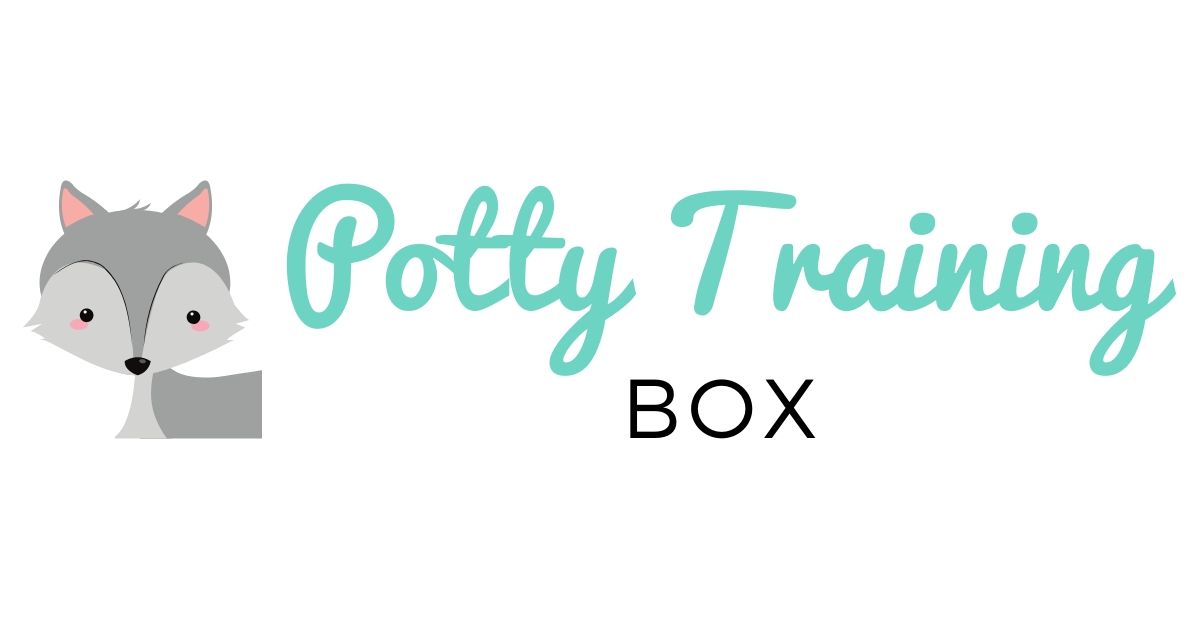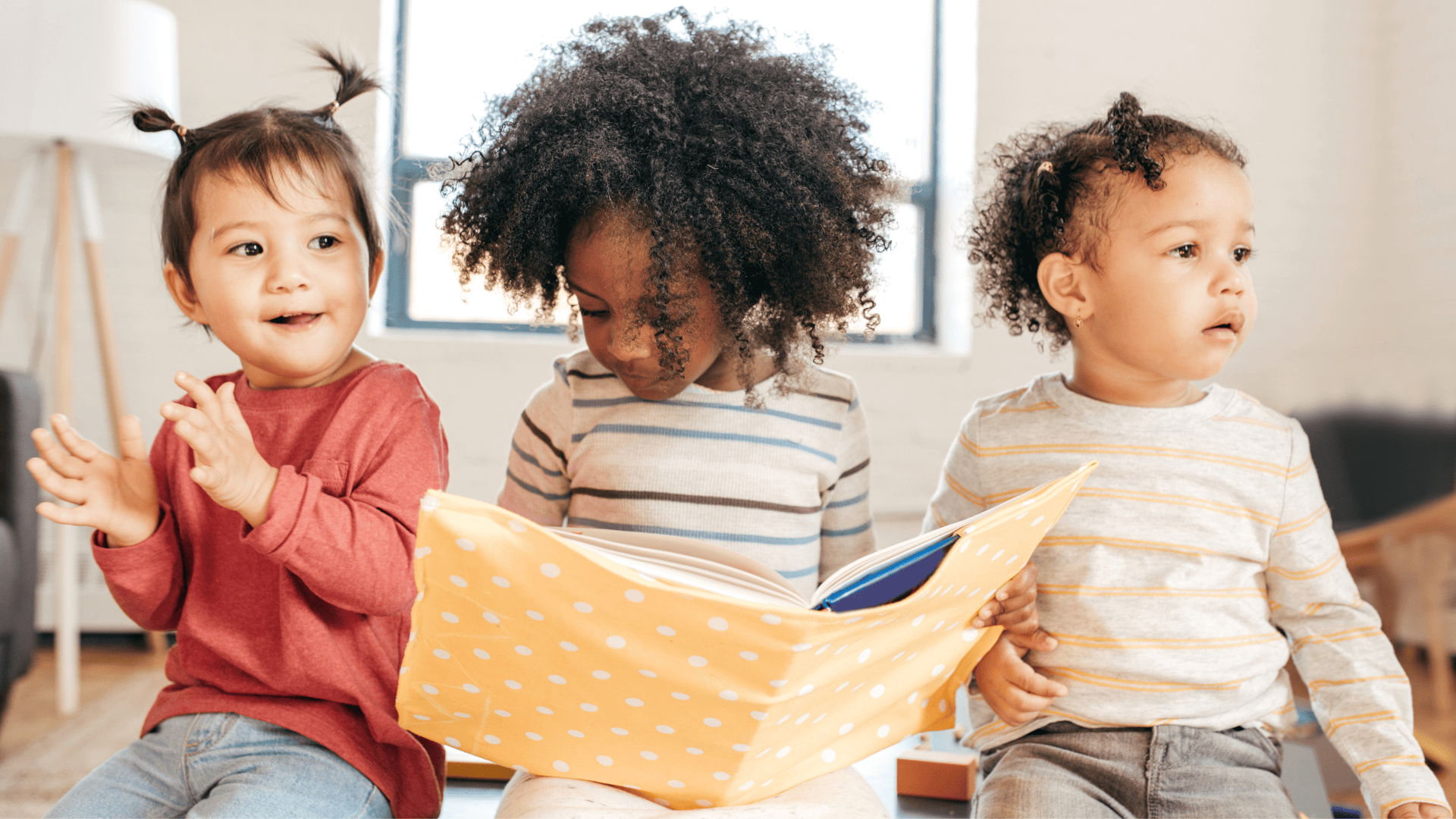Potty Training: The 5 biggest do’s and don’ts – Potty training your child can sometimes be a real challenge. It requires a lot of patience, dedication, and consistency to ensure that your child becomes potty trained. To help you in the process, we’ve compiled some do’s and don’ts to keep in mind during your child’s potty training, making the process easier. Also mentally!
Potty training do’s:
- Start potty training at the right time: It’s important to start potty training at the right time. There’s an average age for potty-training between 2 and 2,5 years old but some children are a little earlier or later. . Don’t wait too long, because as your child gets older, it may be harder to potty train them as they become too comfortable with nappies and they may find it difficult not wearing them anymore. Younger children are often curious and mimic what their parents do, making it easier to teach them things like using the toilet.
- Make potty-training fun: Make potty-training enjoyable for both you and your child. Implement a reward system, such as stickers and small gifts, to motivate your child to use the toilet. It doesn’t always have to be tangible gifts because a hug, a dance, or a candy can also be a nice reward. Choose something that motivates your child to achieve their goal.
- Make it predictable for your child: Establish a predictable schedule for your child. Take them to the toilet at regular times, such as after meals or after waking up. With the schedules we have in our box, you can record everything so you can also see when your child needs to go to the toilet. Also, ensure that it’s clear to your child what is expected of them so they know how to approach it. Easy times for a toilet visit can be found here.
- Give compliments: Give your child lots of compliments when they use the toilet. This will encourage and appreciate your child. This can also be a very good motivation, and your child will know that they are on the right track.
- Be patient with potty-training: It may take some time for your child to become potty trained. Be patient and don’t give up if it doesn’t happen right away. Some children take longer than others, so follow your child’s pace and focus on your own process.
Potty Training don’ts:
- Don’t punish your child: Punishing your child when they have an accident will not help with potty-training. It may make your child fearful and slow down the process. They may even hold back pee or poop. So when an accident happens, it’s important to react calmly: “Unfortunately, next time we’ll be quicker to the potty than the pee on the floor.” Tell your child that an accident brings them closer to success and it’s a learning moment.
- Stop using diapers: Using nappies during potty-training can be confusing for your child. They may think it’s still okay to pee in them whenever they want. If you use a nappy for a nap, for example, it’s good to call it a sleep pant so there’s no confusion. For example, on day 1 of potty training, throw away the nappies together so your child can see that this phase is over. It may be difficult at first, but once your child knows how to use the toilet independently, nappies will be a thing of the past. If your child is going to daycare or somewhere else during your potty training, it’s important to keep this in mind. (Read more about daycare)
- Don’t compare your child to others: Don’t compare your child to other children who are already potty trained or are also in the process. Every child is different and will become potty trained at their own pace. So do it at your own pace and trust your child and yourselves as a team. If you find it difficult to find motivation, when you order our Potty Training Box, you get access to our private Facebook Community. Here you can ask all your questions, share success stories, or frustrations.
- Don’t give up: It can be difficult to continue with potty-training if it doesn’t happen right away. However, don’t give up and keep encouraging your child. As we mentioned in the previous point, it’s nice to have somewhere to go with your frustrations or questions, which is why you’re welcome in our private Facebook Community. Together, we ensure that you don’t give up and get the right tips to move forward.
- Don’t force your child: Don’t force your child to use the toilet. It can backfire, and your child may start to see the toilet as something negative. It’s important to start potty training when he or she is really ready to become potty trained and to pay attention to the signals. Also, don’t put them on the toilet too often because it eventually needs to become their own initiative, and that can only happen if your child gets the chance to do it themselves. If there’s an accident, that’s another learning moment and a step closer to success.
If you want more tips on potty training, take a look at our blog and social media channels such as Instagram and Facebook.


